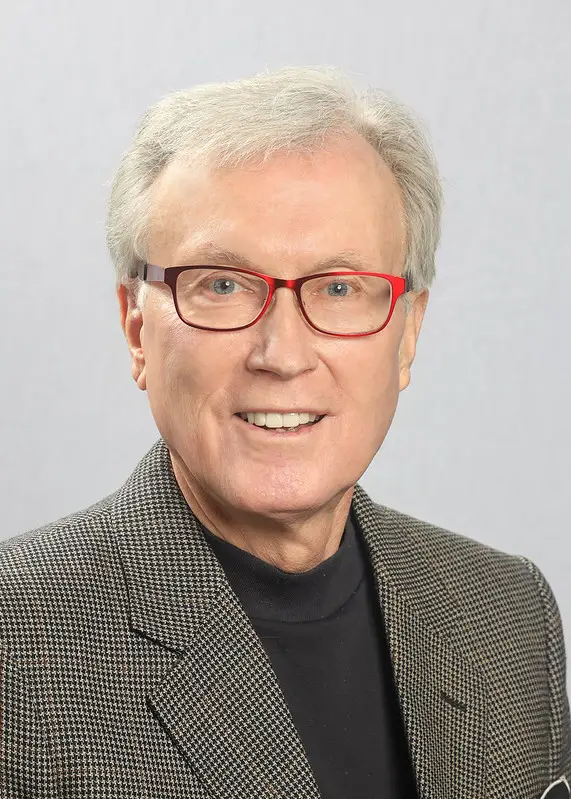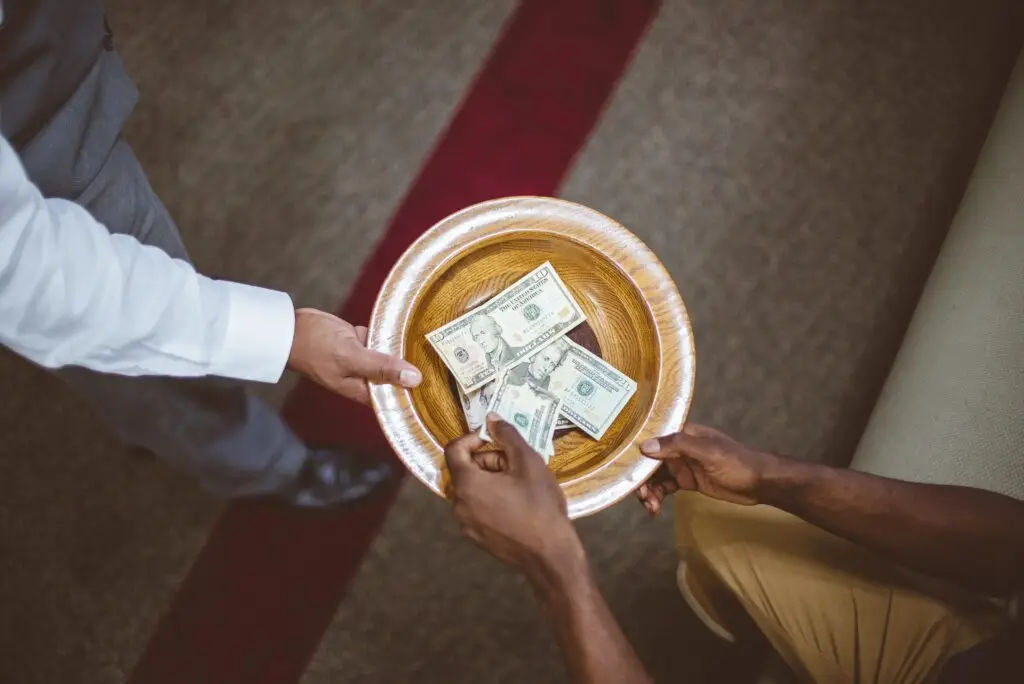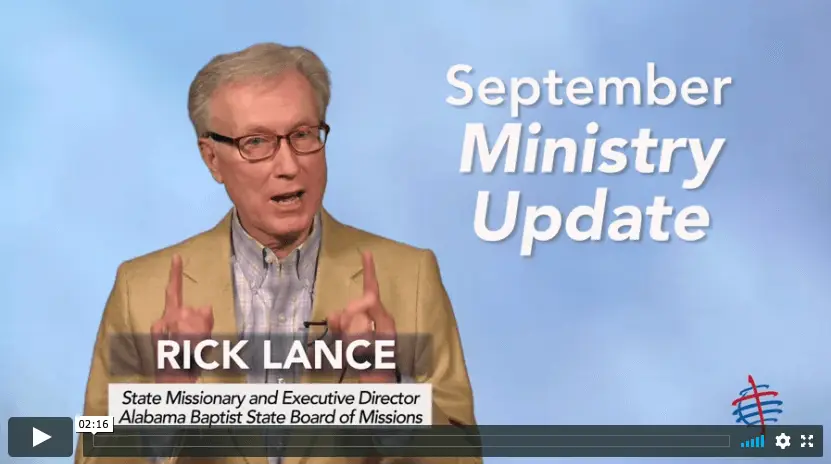Why would you leave all of your estate to people you do not know personally? That is the question which lingers in my mind as I ponder the story of James Smithson. His is a unique account of giving a gift that continues to give 180 years after his death.
James Smithson was born in France but later became a British citizen. He was the illegitimate and unacknowledged son of an English duke. Smithson was never accepted into the aristocracy of the elite society of his day. Educated at Oxford and a student of science, he never married and therefore at his death there were some concerns related to the disposition of his sizable estate.
At his death in 1829, Smithson left his assets to his nephew with one major and curious stipulation: that when his nephew died — if he did not have an heir, legitimate or illegitimate — then the estate would be given to the United States of America. The commentary attached to this gift was rather simple. The Unites States was to use the funds for the “increase and diffusion of knowledge.”
You may not know James Smithson, but you do something about the Smithsonian Institute named for him. The institute now houses 136 million items in numerous museums and research centers. The $508,318 in 1840, when the will was probated, initiated this grand effort to foster learning and nurture inquisitive minds. That was an astronomical sum of money then and today. The amount is almost incalculable as far as what the gift has meant to the Smithsonian Institute.
Why did this relatively eccentric British scientist leave the funds to this country? After all, the U.S. once was a colony of Great Britain. James Smithson was born just two years before the signing of the Declaration of Independence. He lived to see his country go war again with America in 1812.
Smithson did not personally know any Americans. He had never set foot on the soil of this young country. Why give all his estate to a people he did not know? Many have conjectured about his motivation. Even though Smithson was born of royalty, he was never a part of the elite. Despite the fact that Oxford was alma mater, he seemed not to be concerned with leaving his legacy estate at this highly respected institution of higher learning.
He had never met George Washington, but he may have been impressed that our first president turned down the opportunity to be a king and instead subjected himself to public election as president. Thomas Jefferson is a man he may have admired as well. In the War of 1812, he might have become infatuated with the legendary accounts of then General Andrew Jackson who later became known as “the people’s president.”
Did Smithson admire the American spirit? Did he see the U.S. as an offspring of Great Britain and destined to make a difference in global affairs and human history? Did this studious scientist see some potential in this vast new world which others could not envision? The exact answers will never be known.
James Smithson, a man who never visited America and who was not personally acquainted with our people, has become a major shaper of culture and learning for this nation. His desire to see “the increase and diffusion of knowledge” has become a reality in ways he could never have imagined. I don’t know how much he smiled when he was alive, but if he returned to this life Smithson would have to smile with pride as to what his sizable seed gift has become.
As Christians we have opportunities to have an even greater impact for the kingdom of God. Our giving, our stewardship touches people, not just in one country, but throughout the whole world. We can give in such a way that “though dead, we still speak.”
For years now, Barry Bledsoe, the president of The Baptist Foundation of Alabama, has been challenging us to consider giving not just from income but from our estates as well. He has used his now famous jars of pennies to depict the need. Barry has reminded us that this is an area which has not been traditionally considered an act of stewardship. Yet it may well be the single most important action of being a faithful steward a Christian can make.


